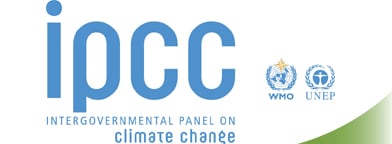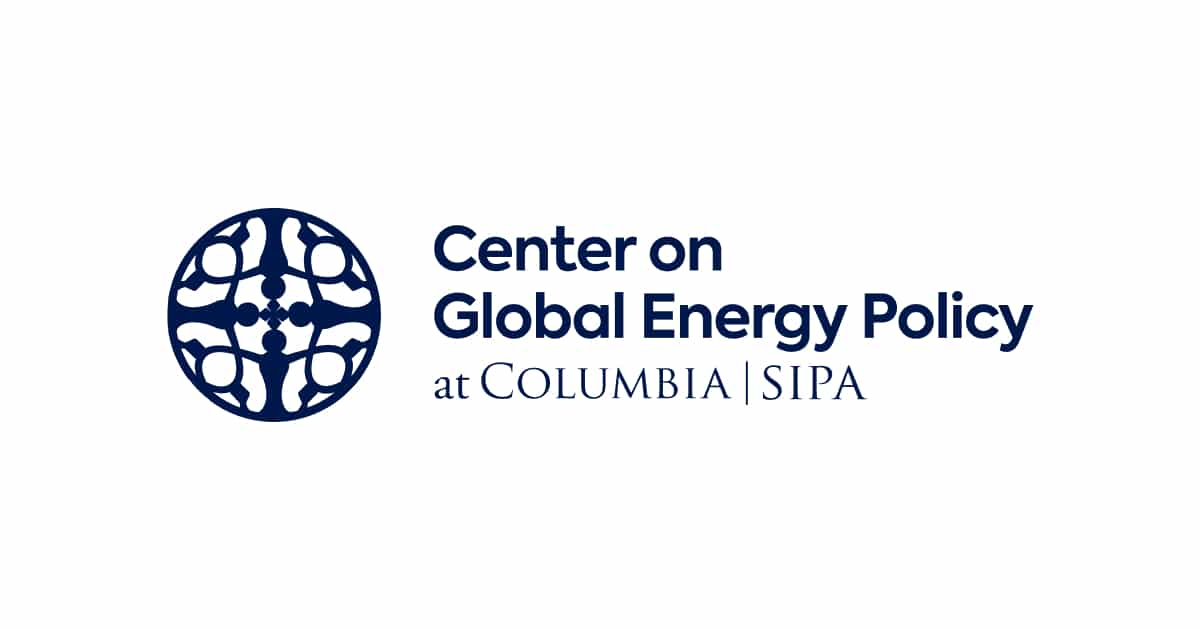A recent Special Report by the International Pane for Climate Change summarizing >6,000 studies. It focuses on impacts of 1.5°C warming above preindustrial levels, with comparisons to 2.0°C warming. The key message: at current rates, “global warming is likely to reach 1.5°C between 2030 and 2052” (expressed with “high confidence”). They show four illustrative “model pathways” (scenarios) to limit emissions and global warming are sketched in detail; each will require rapid and far-reaching transitions in energy, land, buildings, transportation, and industrial systems.
Selected statements:
- Warming is 2-3 times higher in the Arctic
- Sea level will continue to rise well beyond 2100, even if warming is limited to 1.5°C
- Global warming even at 1.5°C will reduce productivity of fisheries and aquaculture, and increase damage to many marine ecosystems
- Impacts and severe risks for selected ecosystems in order: corals, Arctic region, small-scale fisheries, coastal flooding, terrestrial ecosystems
- Adaptation and mitigation are already occurring, and future risks can be reduced by accelerating a wide range of options, e.g. coastal hardening, efficient irrigation, sustainable water management
- Adaptation to ensure food and water security has many synergies and cost savings with sustainable development (mitigation options and synergies are shown for each of the UN’s 17 Sustainable Development Goals)
- Limiting global warming to 1.5°C will reduce negative impacts on sustainable development, ending poverty, and reducing inequalities.




